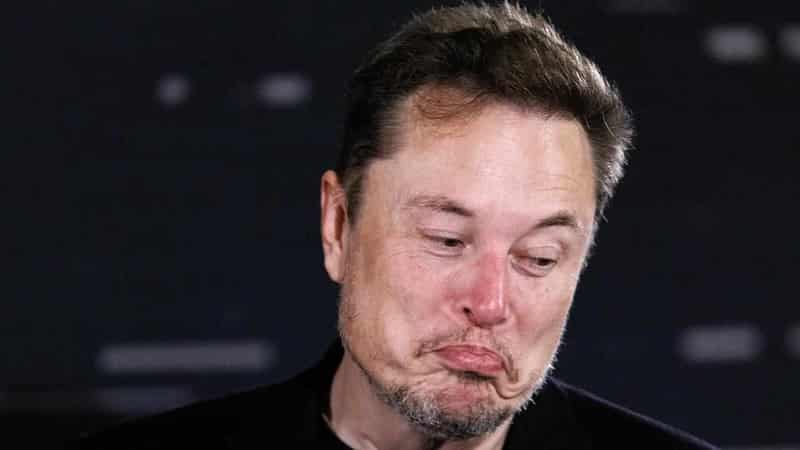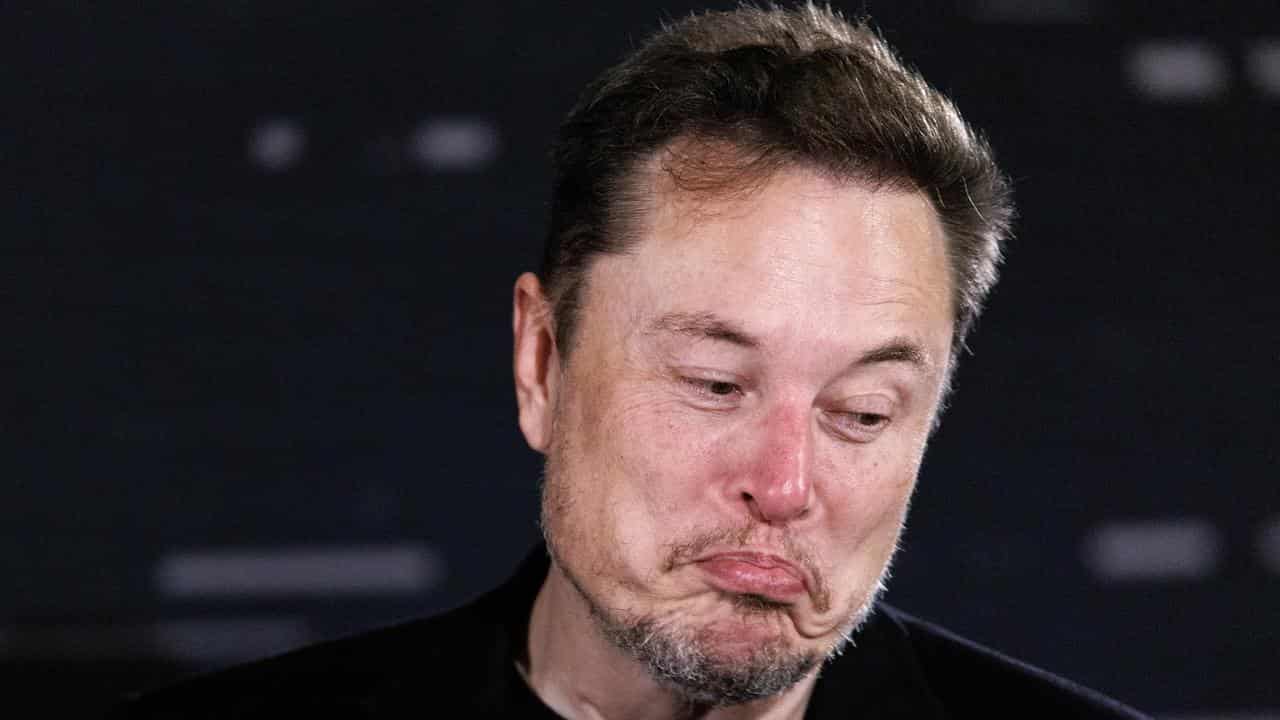
What was claimed
A screenshot shows Google has put a search ban on former US president Donald Trump.
Our verdict
Misleading. The screenshot shows Google’s autocomplete function and there’s no evidence of a ban.
AAP FACTCHECK - Elon Musk claims a screenshot shows Google has implemented a “search ban” on former US President Donald Trump.
This is misleading. The image shows Google’s autocomplete function and there's no evidence that searches for Mr Trump have been banned.
The billionaire owner makes the claim in a post on his platform X, formerly Twitter, on July 29, 2024.
Mr Musk has backed Mr Trump ahead of the US presidential election.
His post features a screenshot of the words "president donald..." typed into a search bar with the two suggested search terms " president donald duck" and "president donald regan."
“Wow, Google has a search ban on President Donald Trump! Election interference?” Mr Musk's post said.
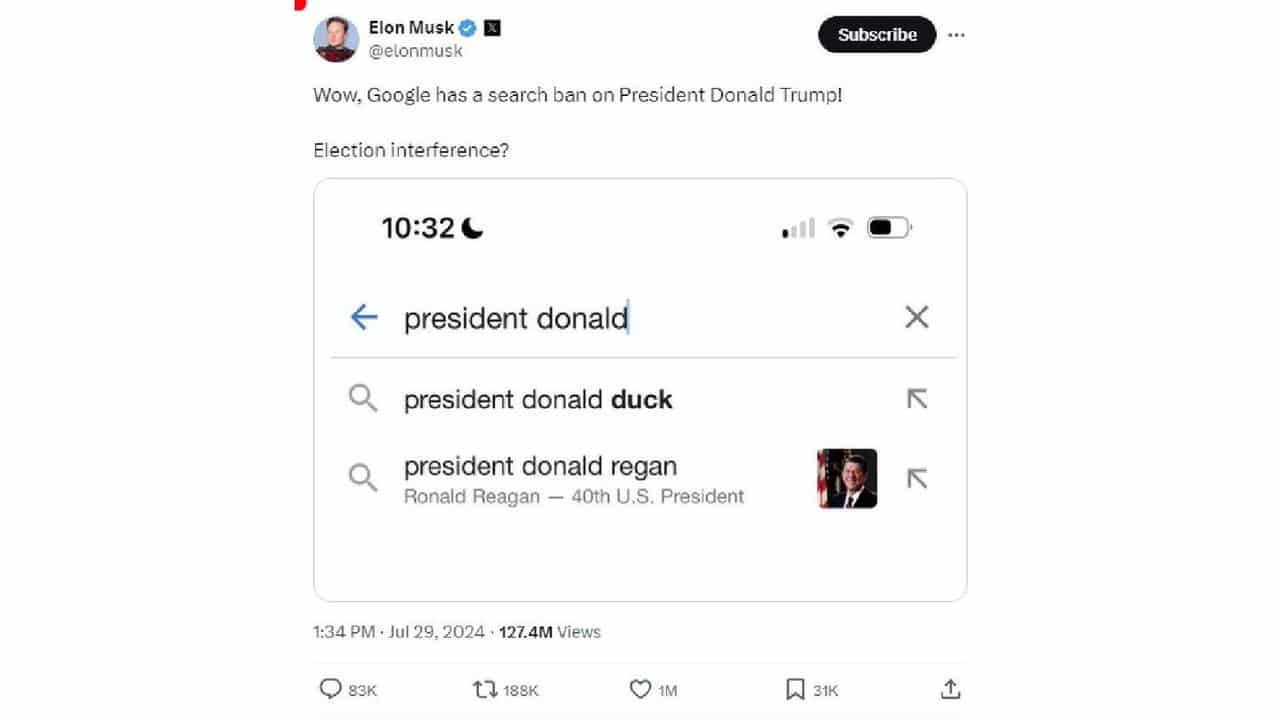
Professor Mark Sanderson, an RMIT University information retrieval expert, said the image did not show results from an attempted search.
He said it showed Google's autocomplete function, which predicts a user's possible search query.
“Most people, when searching for Donald Trump, just type in 'Trump,' and there's no suggestion from [Elon Musk’s post] that that query was being banned,” he told AAP FactCheck.
Prof Sanderson said autocomplete used a “tricky algorithm” predicting queries partly based on other users' search terms.
AAP FactCheck used the Glimpse extension for Google Trends, which displays the most searched-for terms at a given time.
At the time of Mr Musk's post, there were more user queries for the terms "President Donald Duck" and "President Donald Regan" than "President Donald Trump."
The two terms in Mr Musk’s screenshot may have temporarily been ranking higher in Google's autocomplete algorithm when users typed “President Donald”.
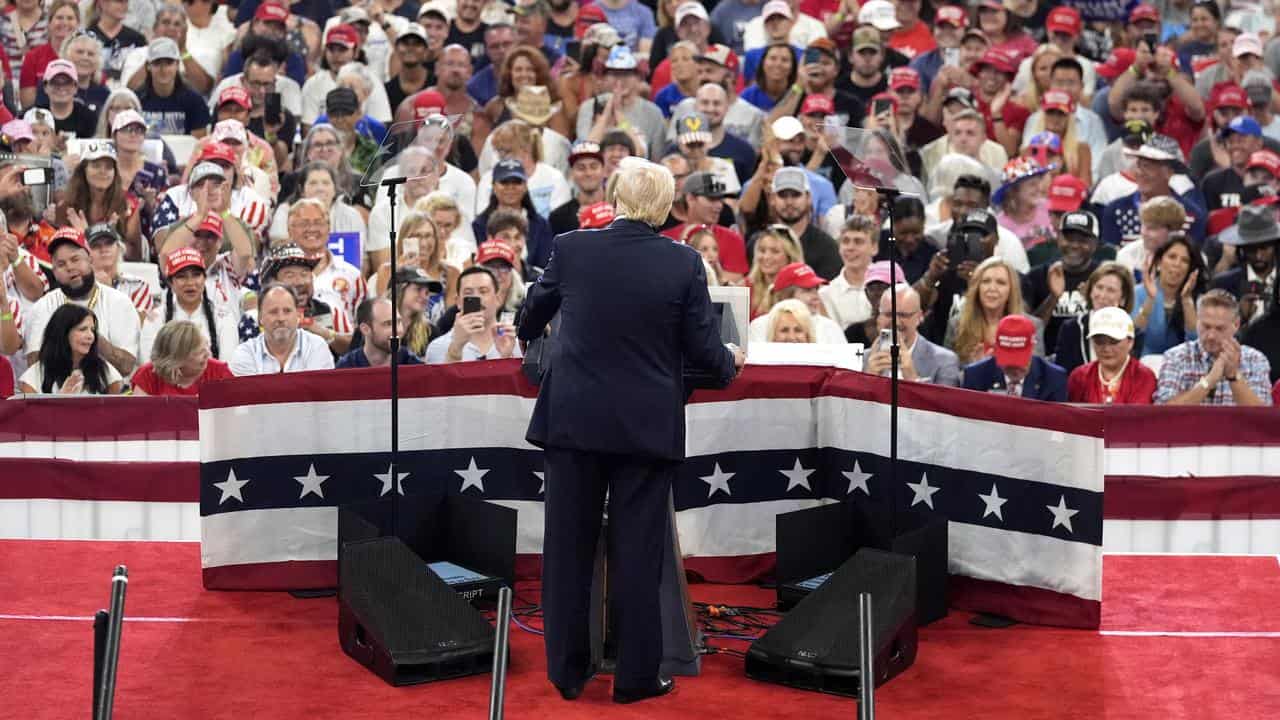
Barry Adams, a search engine optimisation consultant at Polemic Digital, said Mr Musk's screenshot was “very selective” and that it was likely that the autocomplete function on his device had stopped suggesting Trump queries after they were ignored.
“This to me seems like manufactured outrage,” Mr Adams told AAP FactCheck. “It's Google working exactly as intended, and monitoring your behaviour as a user to try and provide the best possible search results based on what you're doing.”
Mr Musk's post appeared after some of Mr Trump's political allies claimed autocomplete suggestions about the July 13 attempt on his life proved the tech giant was engaged in election interference.
Dr Muneera Bano, CSIRO's principal research scientist, said autocomplete was probably not predicting queries about the attempted assassination due to Google’s content policies.
“It likely avoids suggesting such terms for living individuals to prevent promoting potential harm or distress,” she told AAP FactCheck.
“These algorithm-driven predictions can sometimes yield unexpected results but generally aren't biased - personalisation from search history can lead to different outcomes for different users.”
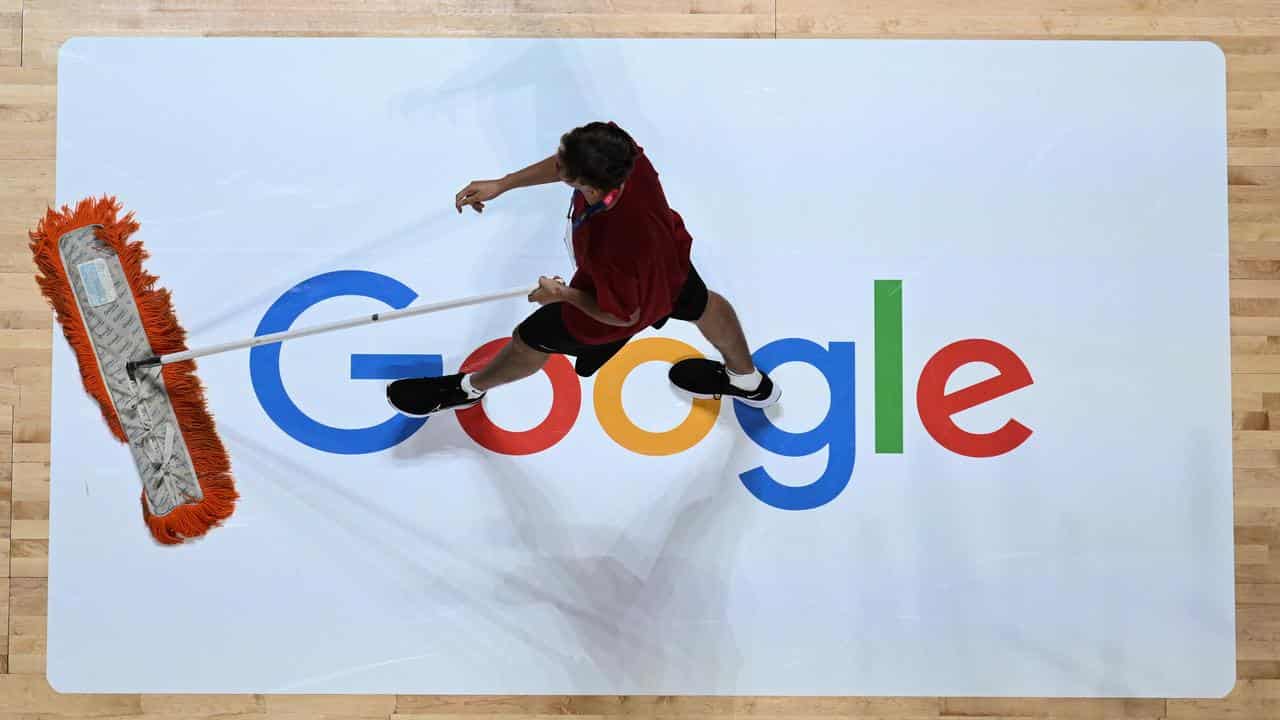
In response to the claims, Google said it was working on improvements to its search autocomplete function.
“We’re rolling out improvements to our auto-complete systems to show more up-to-date predictions,” a spokesperson told AAP FactCheck. “These updates will also address the anomalies for some searches for the names of several past presidents and the current vice president."
Trump was the first suggestion when “President Donald” was typed into search in Google Chrome's Incognito browsing mode as of August 1, 2024.
The Verdict
Misleading - The claim is accurate in parts but information has also been presented incorrectly, out of context or omitted.
AAP FactCheck is an accredited member of the International Fact-Checking Network. To keep up with our latest fact checks, follow us on Facebook, Twitter and Instagram.
